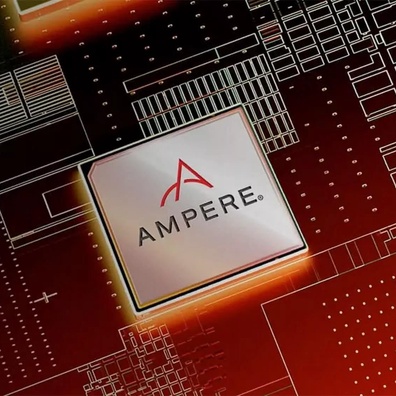News
Google Pixel 9a: Powerful Features Marred by AI Image Generation Concerns
Google's latest mid-range smartphone offers impressive hardware and software capabilities, but its AI image generation tool has raised significant ethical questions. The Pixel 9a represents Google's attempt to bring flagship features to a more affordable price point, while simultaneously pushing the boundaries of on-device AI capabilities - for better and worse.Hidden Gems in Pixel 9a SettingsThe Pixel 9a ships with numerous powerful features that aren't enabled by default. Among the most impactful is the 120Hz Smooth Display option, which transforms the scrolling experience from the standard 60Hz setting. Users can activate this through the Display settings menu to take full advantage of the phone's Actua OLED screen technology. Similarly, the Quick Tap feature allows for customizable actions triggered by double-tapping the back of the device, providing convenient shortcuts for frequently used functions like toggling the flashlight or launching the camera.Key Pixel 9a Features Worth Enabling:120Hz Smooth Display (default: 60Hz)Quick Tap gestures for shortcutsAdaptive Battery and Extreme Battery SaverAt a Glance widget customizationNow Playing music identificationApp suggestions based on contextLive Translate for messages and cameraPrivacy settings for lock screen notificationsCaller ID and spam filteringCross-device notification dismissalBattery Optimization FeaturesBattery life remains a critical concern for smartphone users, and the Pixel 9a addresses this with several intelligent power management tools. The Adaptive Battery feature learns usage patterns to optimize power consumption, while the Extreme Battery Saver mode can dramatically extend battery life by limiting functionality to essential apps. These features can be scheduled to activate automatically when needed, ensuring users don't unexpectedly run out of power during crucial moments.Smart Interface EnhancementsGoogle has incorporated several AI-powered interface improvements that make the Pixel 9a more intuitive and personalized. The At a Glance widget provides contextual information on both the lock screen and home screen, displaying everything from flight information to weather alerts. App suggestions dynamically populate the home screen based on usage patterns, time of day, and location. Additionally, the Now Playing feature automatically identifies music playing nearby, with an option to use Google Search for songs not in its on-device database.Translation CapabilitiesLeveraging Google's Tensor processor, the Pixel 9a offers impressive translation tools that work offline. Live Translate can automatically translate text messages in real-time, while the camera can translate text it sees. These features make the device particularly valuable for travelers or those who regularly communicate across language barriers.Privacy and Security FeaturesThe Pixel 9a includes several settings to enhance privacy and security. Users can adjust notification visibility on the lock screen to prevent sensitive information from being displayed. The phone's caller ID and spam filtering capabilities help identify and block unwanted calls, with options to send suspected spam directly to voicemail without ringing. For those with multiple Pixel devices, notification dismissals can be synced across devices to prevent redundant alerts.Controversial AI Image GenerationDespite the Pixel 9a's many positive features, its Pixel Studio AI image generation tool has drawn criticism for reinforcing harmful stereotypes. When prompted to create images of successful people, the tool predominantly generates images of young, white, able-bodied men in expensive suits. This bias reflects fundamental issues with how AI image generators are trained on internet data that contains existing societal biases.Pixel Studio AI Image Generation Concerns:Generates stereotypical images of "successful people"Predominantly shows young, white, able-bodied menReinforces biases related to gender, race, ability, and ageIssues stem from internet-based training data containing societal biasesPattern-matching nature of machine learning inherently creates stereotypesFeedback mechanisms tend to reinforce rather than challenge biasesThe Technical Roots of AI BiasThe stereotyping issue stems from several technical factors in how AI image generators work. These systems are trained on vast datasets scraped from the internet, which inevitably contain the biases present in our society. Machine learning algorithms naturally look for patterns and group similar things together - a process that inherently creates stereotypes when applied to human characteristics. Additionally, the feedback mechanisms used to improve these systems often reinforce rather than challenge existing biases, as users tend to positively rate outputs that match their expectations.Real-World ImplicationsThe stereotypical outputs from tools like Pixel Studio aren't merely academic concerns - they can contribute to harmful real-world outcomes. Research has shown that stereotyping leads to discrimination in hiring, wage gaps, and reduced opportunities for marginalized groups. It can also affect healthcare outcomes and contribute to broader social inequality. These AI systems risk amplifying and normalizing harmful stereotypes rather than challenging them.The Path ForwardCritics argue that if AI image generation tools cannot avoid reinforcing harmful stereotypes, perhaps they shouldn't generate images of people at all - a restriction Google had previously implemented but later removed. The fundamental question becomes whether the convenience of on-device image generation is worth the potential social harm of perpetuating biased representations. As AI becomes more deeply integrated into our daily technology, these ethical questions will only become more pressing for both manufacturers and consumers.
Phone
2 hours ago
Overwatch 2 Announces Street Fighter 6 Crossover Event Starting May 20
Console Game
3 hours ago

Doom: The Dark Ages Review - Shield-Bearing Slayer Trades Speed for Power in a Ray-Traced Medieval Hell
Computer Game
6 hours ago

HP Omen Max 16 Review: Powerful Gaming Performance in a Heavy Package
Laptops
6 hours ago
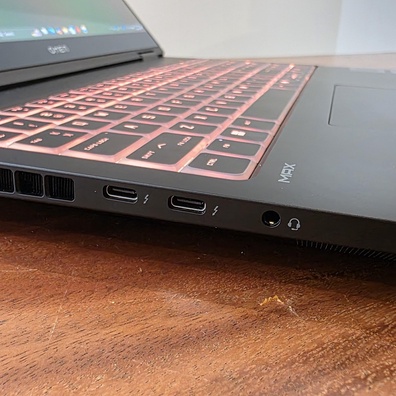
Pixel 8 Survives Four Days in 113°F Hot Tub, Showcasing Impressive Durability
Phone
8 hours ago
Nvidia Withholds RTX 5060 Drivers from Reviewers, Delaying Independent Performance Analysis Until After Launch
Nvidia
9 hours ago
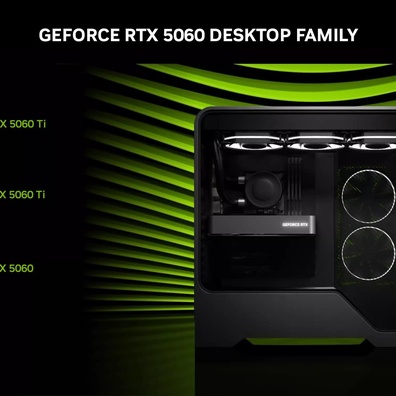
Nvidia RTX 5090 Approaches MSRP in Finland While Showcasing Impressive Password Cracking Capabilities
GPU
9 hours ago
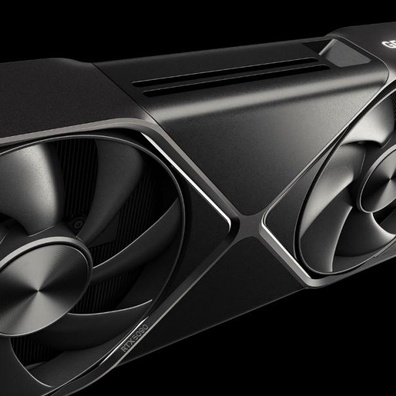
Windows 11 Search Gets Microsoft Store Integration, Raising User Concerns About Bloat
Apps
11 hours ago

EcoFlow Launches Plug-and-Play Solar System in Utah, Starting at $299 During Preorder
12 hours ago

Fui: A Minimalist C Library for Direct Framebuffer Access Sparks Nostalgia and Technical Discussions
C
14 hours ago
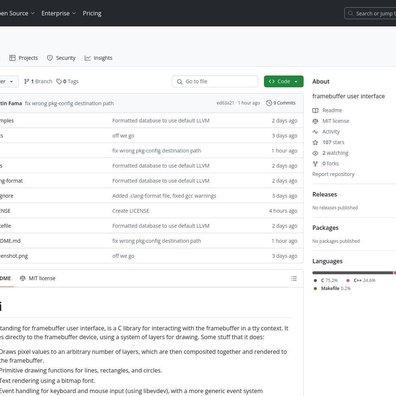
Steam Deck Beta Update Brings Major System Improvements and Battery Health Features
14 hours ago

Razer Unveils Clio: A $230 Speaker Cushion That Transforms Your Gaming Chair Into an Audio System
Peripherals
15 hours ago
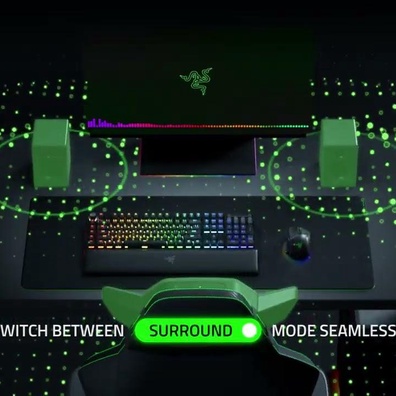
Lenovo Develops First Custom Chip for Yoga Pad Pro 14.5 with Unique 10-Core Design
Pad
16 hours ago
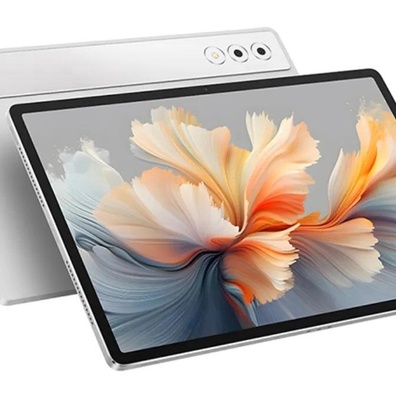
Q.Tap: The eBPF Tool That Sees Through Encryption Without Performance Impact
Security
19 hours ago
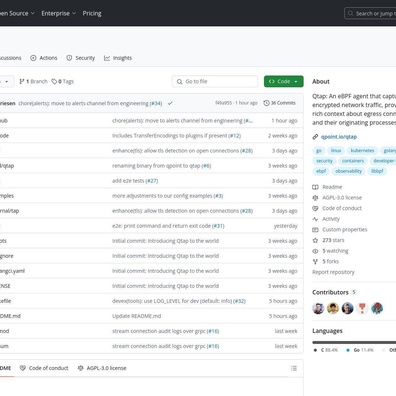
Apple's 2027 iPhone Launch Strategy: Staggered Release Dates and Foldable Innovation
Apple
20 hours ago

Mobius Digital Confirms New Game in Development, Years Away from Reveal
Computer Game
22 hours ago

Dune Awakening Beta Launches This Weekend With Detailed Server Structure To Handle Player Influx
Computer Game
Yesterday

Kindle Comic Converter Transforms Manga and Comics for E-Readers with New Features
Apps
Yesterday

Samsung Expands Audio Empire with $350M Acquisition of Bowers & Wilkins, Denon, and More
Earbuds
Yesterday

Ampere Quietly Launches 192-Core AmpereOne M CPUs with Enhanced Memory Architecture
CPU
Yesterday
